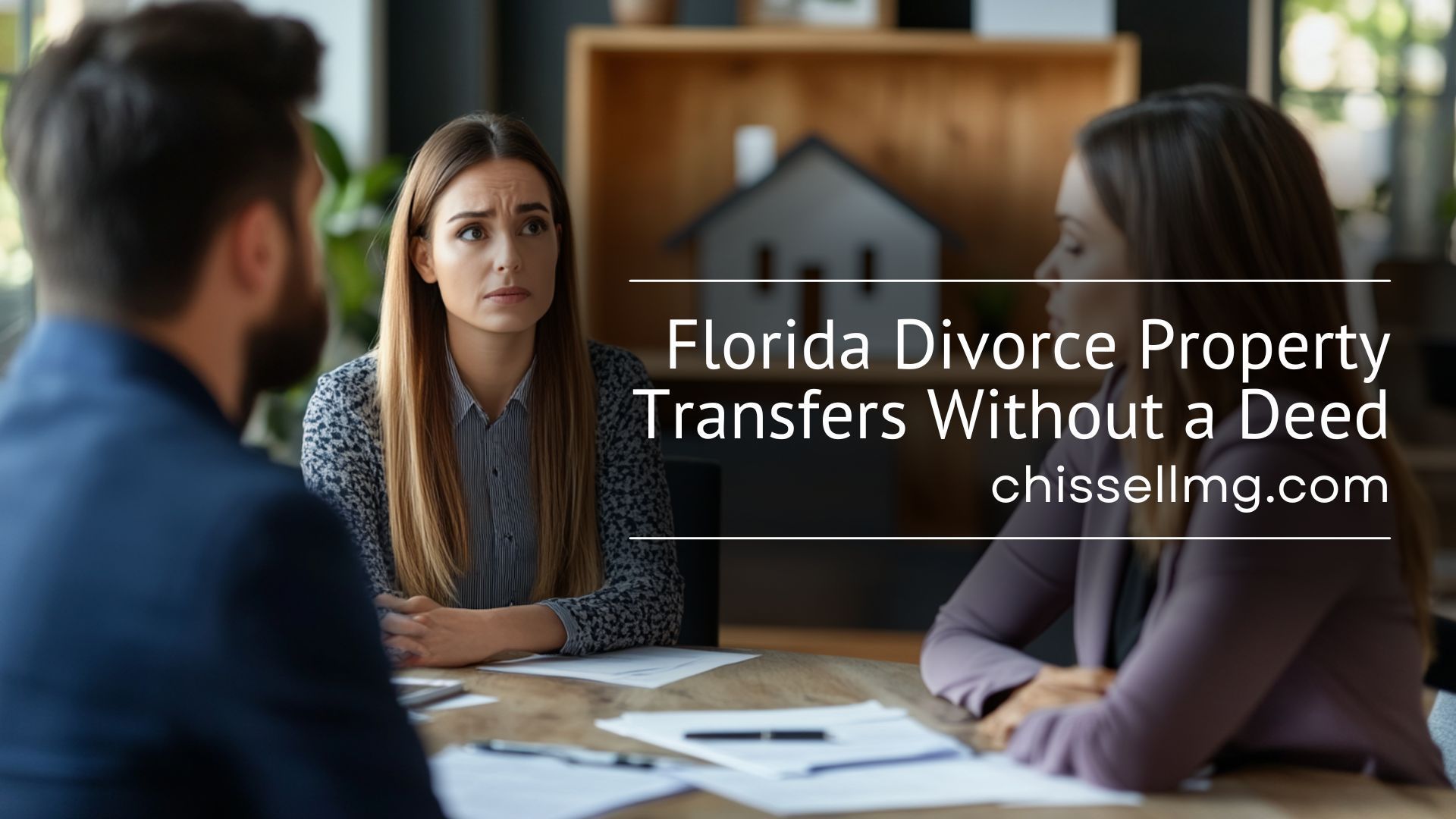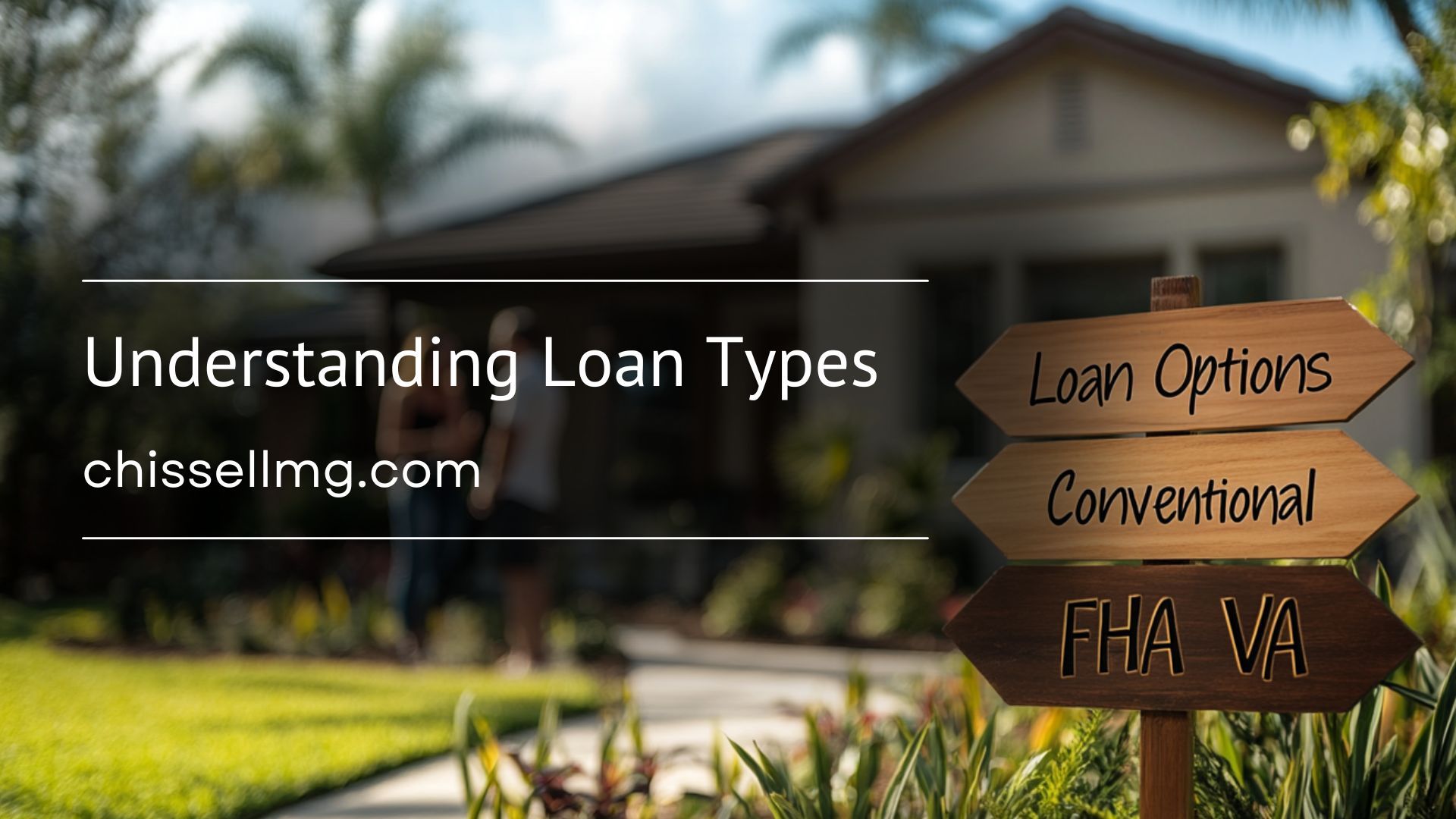How Marital Property Affects Mortgage Decisions in Florida
Learn how marital property affects mortgages in Florida, including retention, selling, refinancing, and protecting your financial future.

Protecting Your Family: The Uncertainty of Keeping Your Home
Divorce brings a lot of changes, and one of the biggest questions for families in Florida is: What happens to the home? Your home is more than just a property; it’s where your family feels secure and builds memories. But navigating how to keep or manage your marital home after a divorce can be overwhelming. Protecting your family means understanding your options and making informed decisions about your mortgage, whether that involves retaining, selling, or refinancing the property.
Retaining the Home: Florida's Equitable Distribution Standards
In Florida, the division of marital assets during a divorce follows equitable distribution standards. This approach ensures assets, including your home, are divided fairly, though not always equally. Deciding to retain the home is a significant choice, often influenced by emotional attachment, financial capability, and family stability. Understanding the key considerations can help you make an informed decision about this critical asset.
Who Keeps the Home?
Determining who will retain the home requires an evaluation of both financial and legal factors. In most cases, keeping the home involves a "buyout," where one spouse compensates the other for their share of the property’s equity. For example, if the home is appraised at $400,000 and the equity is $200,000, the spouse retaining the property may need to pay the other $100,000 to secure sole ownership. Alternatively, other marital assets—such as savings accounts or retirement funds—can be offset to balance the division.
In some situations, the decision about who keeps the home may require negotiation or mediation, particularly if both parties have a strong attachment to the property. Regardless of the outcome, it’s important to weigh the emotional significance of the home against the financial responsibilities it entails.
Can You Afford It?
Keeping the home means taking on its full financial burden. This includes not only the mortgage but also related costs such as taxes, insurance, and maintenance. Refinancing the mortgage is often necessary to remove your spouse’s name from the loan, and you must qualify for the new loan based solely on your income and credit profile.
Beyond the mortgage, retaining the home also means managing property taxes, which may be reassessed upon the transfer of ownership. Homeowners insurance premiums may also change, and the cost of routine upkeep or unexpected repairs can add up quickly. It’s essential to assess whether these expenses align with your long-term financial goals or if they could create undue strain. Consulting with a financial advisor can provide clarity on whether keeping the home is a sustainable option.
Legal Agreements Matter
Any decision about who retains the home should be clearly documented in the divorce settlement. This includes transferring ownership through a quitclaim deed or similar legal mechanism to ensure the retaining spouse has full title to the property. Refinancing the mortgage under one name is equally critical, as leaving your spouse on the loan creates financial liability for them, even if they no longer own the home.
A well-drafted legal agreement provides clarity and minimizes the risk of future disputes over the property. Working with experienced attorneys ensures that all necessary legal steps are completed accurately and in compliance with Florida’s laws.
For Families with Children
For parents, the decision to retain the family home often goes beyond financial considerations. Staying in the same home can provide children with stability during an emotionally challenging time. It allows them to remain in their school district, maintain friendships, and avoid the upheaval of a move.
While this sense of continuity is valuable, it must be balanced against the financial realities of keeping the home. If retaining the property creates financial strain or limits your ability to meet other obligations, it may be worth exploring alternative options, such as selling the home and reinvesting in a more manageable property.
Making the Right Decision
Retaining the home can offer emotional comfort and stability, but it also comes with significant responsibilities. Carefully evaluate your financial capability, the legal steps required, and your long-term goals before making a decision. Seeking guidance from professionals—such as attorneys, financial advisors, or Certified Divorce Lending Professionals—can help ensure you make the best choice for your future and your family’s well-being.
Refinancing After Divorce: Removing a Spouse From the Mortgage
If one party retains the home, refinancing is often necessary to remove the other spouse from the mortgage. Here’s what you need to know:
- Qualifying for Refinancing: The spouse keeping the home must qualify for the loan on their own. This includes meeting income, credit, and debt-to-income requirements.
- Updating the Title: Removing a spouse from the mortgage does not automatically remove them from the property title. A quitclaim deed or other legal documentation is needed to finalize the transfer.
- Timing Matters: Refinancing should be done promptly after the divorce to avoid complications with payments or ownership disputes.
Refinancing can streamline the process of separating financial ties, but it requires careful planning to ensure it aligns with your financial goals.
Selling the Home: Tax Implications and Timing for Buying Again
Selling the home is another common route, especially when neither party wants to shoulder the financial or emotional burden of the property. Here's what to keep in mind:
Capital Gains Tax
In Florida, the IRS allows an exclusion of up to $250,000 for individuals ($500,000 for couples) on capital gains if you’ve lived in the home for at least two of the past five years. Laws change frequently, please contact Chissell Mortgage or your attorney for the most recent information, (727) 376-6900.
Time Frames
Selling the home may take weeks or months, depending on market conditions. Plan accordingly if you need the proceeds to purchase a new property.
Transitioning to a New Home
If you’re planning to buy again, consider how the sale affects your mortgage qualifications, such as debt-to-income ratios and credit scores.
Selling can free up resources and allow both parties to make a fresh start, but it’s essential to weigh all financial and emotional considerations before listing the property.
Make Informed Mortgage Decisions With Chissell Mortgage
Divorce and mortgage decisions are deeply intertwined, and there’s no one-size-fits-all solution. Protecting your financial future starts with understanding your options. There are lots of details and information that are critical for making sure your circumstances and goals are aligned with your mortgage planning.
Contact Mike at Chissell Mortgage. Mike is a Certified Divorce Lending Professional who understands all the options and can guide you through the decision-making process.
Chissell Mortgage Group
NMLS #2062741
1817 Cypress Brook Drive, Suite 104, Trinity, FL 34655
Start Your Home Loan with Chissell Mortgage Group.
Your local mortgage broker.
NMLS #2062741





